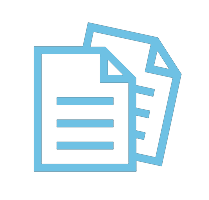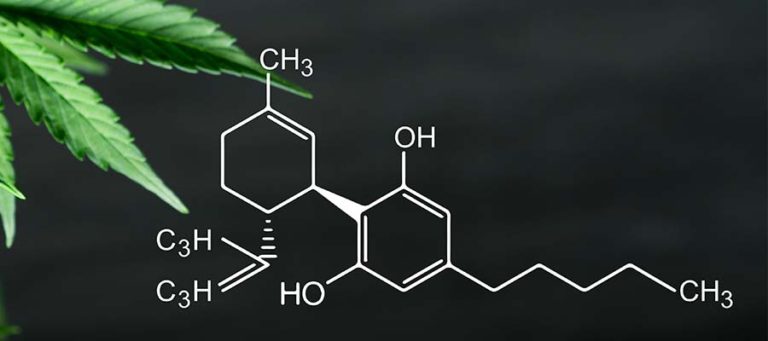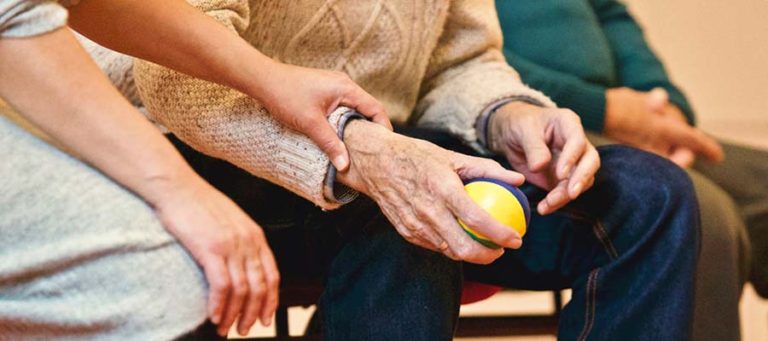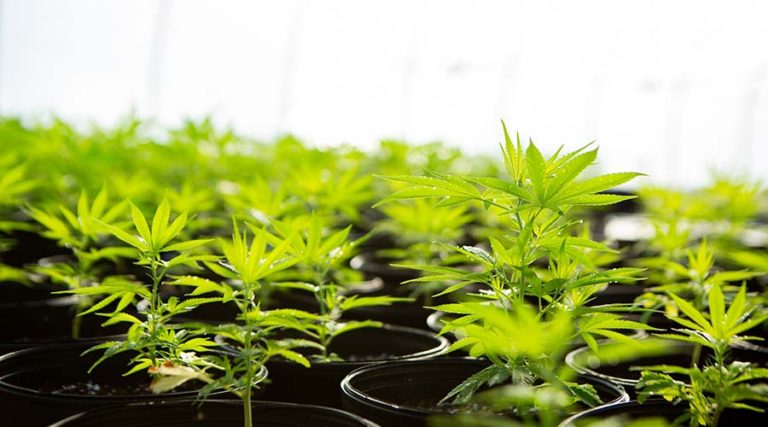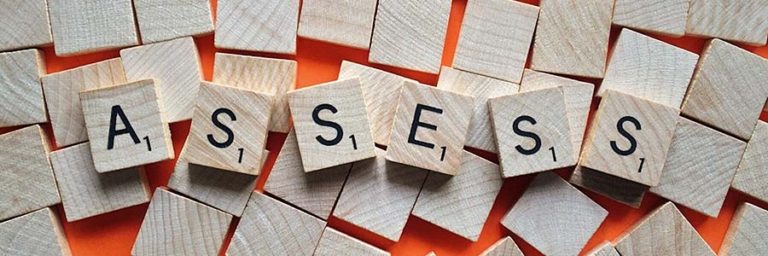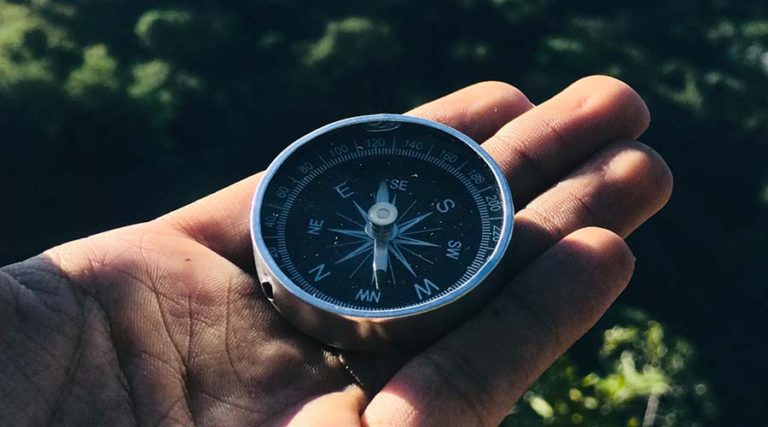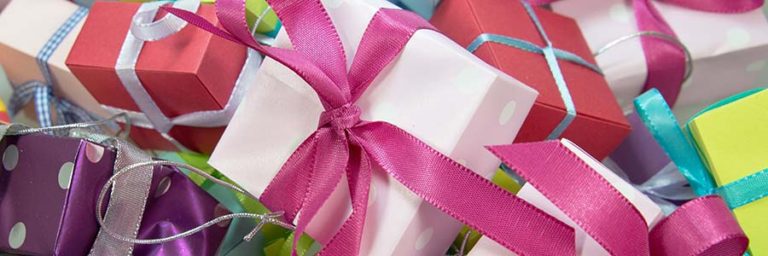Despite the success stories, there’s surprisingly little scientific research about CBD’s efficacy, safety, and appropriate dosing. Keep reading to see how you can make an educated purchase before buying CBD. People have been using CBD for a long time, but it has only recently become widely available due to legal changes.
Why is there so little research on CBD?
This is likely due to limited government funding for research, complexity of all the different cannabinoids within the plant and requirements mandated by the FDA. Fortunately, with the passing of the 2018 Farm Bill, some of these restraints have been lifted. The bottom line is, use caution, ask questions, talk to your doctor and do your own research before purchasing CBD. Below are a few helpful hints to make buying CBD an easy process!
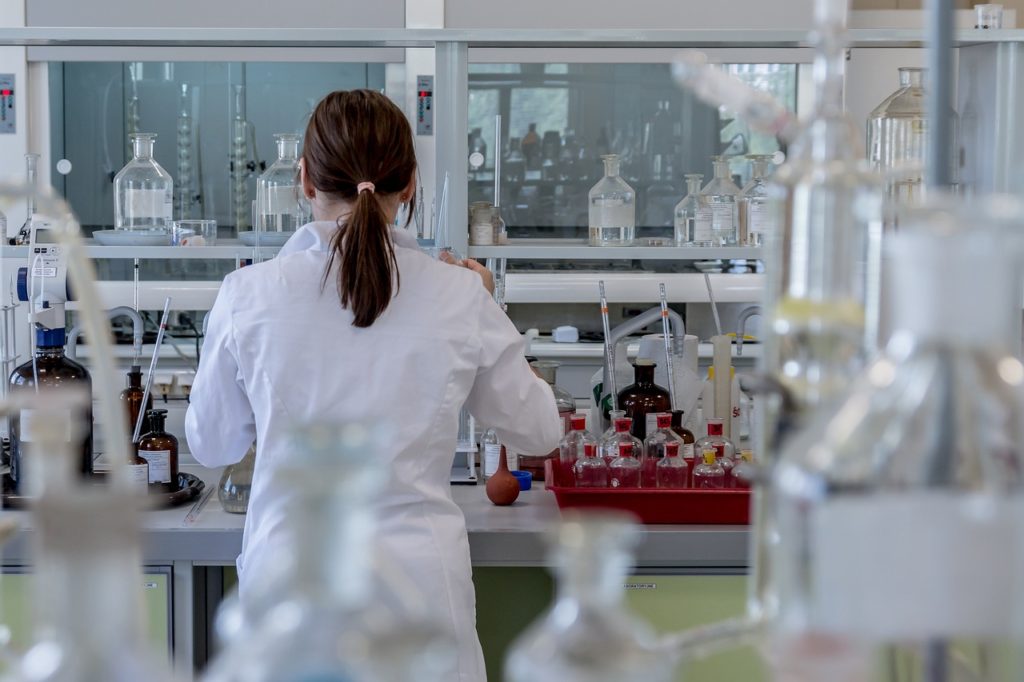
CBD is not a cure-all solution. There is a lot of research that suggests positive benefits using CBD in a variety of different health ailments. But, to date, the amount of research available is limited. While CBD may not “cure” a particular ailment, neither will a typical over the counter pain solution. But… CBD is known very well to help relieve the side effects that can be present with other ailments.
Consult your physician first: Your healthcare provider should know every drug or medicine you are taking. There could be side effects if mixed with other medicines you are taking. Consult your doctor if you are pregnant or breastfeeding. We get questions all the time around the safety of taking CBD. Before buying CBD, talk to your doctor about it first, especially if you have a pre-existing condition that could be exacerbated by the intake of CBD.
New to CBD? Start with a low dosage to assess your own tolerance. Some people report a “build-up” period with CBD considering its long half-life. Often people go day by day without “feeling” effects of CBD, but the moment they stop taking CBD, a familiar pain may return. Many of our clients find that their dosage depends largely on the administration method, such as using a topical cream or a sublingual tincture. We recommend starting with about 25-30mg of CBD if using an oil or tincture and apply a topical liberally to the region you are seeking relief. The average person will use between 20 – 80mg/day. A one ounce (30ml) bottle equates to about 30 full droppers. To roughly calculate CBD per tincture dropper, divide the CBD listed on the bottle by 30. (example: 1000mg/30 = 33.33mg)
I Tried CBD, and it didn’t work for me! There are many products on the market. Unfortunately, since there is still lacking regulation, many companies are selling fake CBD products with nothing more than hemp seed oil. This leaves a bad reputation for even those of us that are offering top quality CBD products for sale. When buying CBD, Quality, price and the amount of CBD can vary greatly. Similar to common over the counter supplements, drugs, and remedies, it is also important to know that some people just will not benefit from taking CBD the way others will.
Price: As a general rule of thumb, when purchasing CBD, avoid paying more than $0.10/mg, $0.08/mg for high CBD amounts. (example: a 1000mg oil should not cost more than $80) Most CBD companies sell for higher prices. Just because a company sells a CBD product for a premium price doesn’t mean the quality is better. This goes both ways, however, if you see a price that seems too good to be true, you’re probably being taken advantage of.
Quantity: Check the amount of CBD that is in the product. If a 1-2 ounce cream has only 100mg or less of CBD, chances are you will not feel any relief and be disappointed.

Quality: Try to buy CBD that is derived from the flower and leaves of the plant if possible. Most companies just buy CBD in bulk that comes from the entire plant. Its cheaper, but can have impurities and in many cases could have pesticide residues which can be harmful. Most importantly, hemp seeds and CBD both come from the industrial hemp plant, hemp seeds have near ZERO CBD or other cannabinoids. When possible, buy CBD that is Organic and USA grown. Don’t be fooled.
Read the label carefully: Many CBD companies are notorious in using misleading information on labels. You are paying for CBD and the other beneficial cannabinoids. Make sure the label lists the amount of CBD in the bottle. If it doesn’t list the amount of CBD (not hemp oil, which is hempseed oil) think twice before making the purchase. If the label describes the product as pure or pure hemp oil, chances are it is mostly hempseed oil. Most CBD products need a carrier oil (like fractionated coconut oil or MCT oil) to work effectively. Unfortunately, there are products/companies claiming to have CBD, or certain quantities of CBD, when in fact they have no or little CBD at all. Check the Certificates of Analysis. Feel free to review our Certificates of Analysis by clicking here! It will open a new tab, so you can keep reading!
Don’t buy CBD products on Amazon-Yet: As of today, Amazon still does NOT allow companies to sell CBD products on Amazon, yet there are hundreds of companies and their products that show up when you do a search for CBD on Amazon. These companies use misleading text to try and trick Amazon to believe they are only selling Hemp seed products. If they are using such tactics on Amazon, what does that say about the products they are selling to the consumers! Sooner or later Amazon will allow CBD sales, just not yet.
Avoid food retailers who advertise food items with CBD. Most food retailers know very little about CBD and are advertising CBD food items because it is a “hot” item. In addition, much of the CBD in a food or drink will just pass through the body and never enter the blood stream for effective use. What’s also becoming more and more common, is seeing a large (4+ fl oz) container of a condiment that has CBD in it. Often, these products have less CBD per container than an appropriate starting dose. Imagine this is in a hot sauce… You would have to consume that WHOLE bottle to get just 20-80mg of CBD! Foods that use this kind of misleading marketing include but are not limited to: brownies, chocolates, drinks, and even gummies. The FDA is actively trying to determine an appropriate course of action to regulate the items on the market – especially when present in food.
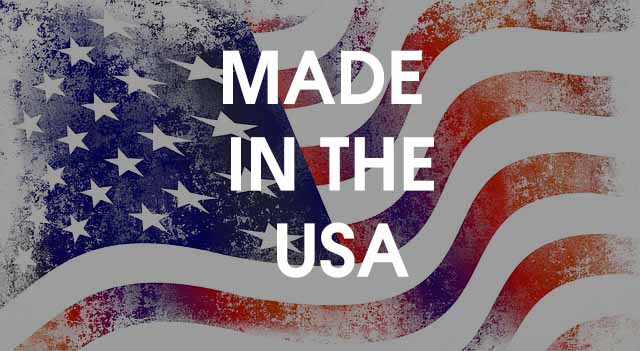
Look for CBD that is farmed and processed in the USA. Ask where in the US and ask if it is free of pesticides and grown organically.
Ask to see a Certificate of Analysis (COA). The COA should clearly show how much CBD and other cannabinoids are in the product. The CBD companies that offer COAs care about their clientele and their reputation. If something seems out of ordinary, look elsewhere.
Don’t be afraid to ask questions: There are no stupid questions when it is about your health and wellbeing. If you don’t like the answer you are given, shop elsewhere.
If you have any questions, feel free to contact us any time. By sending us a message or giving us a call.


